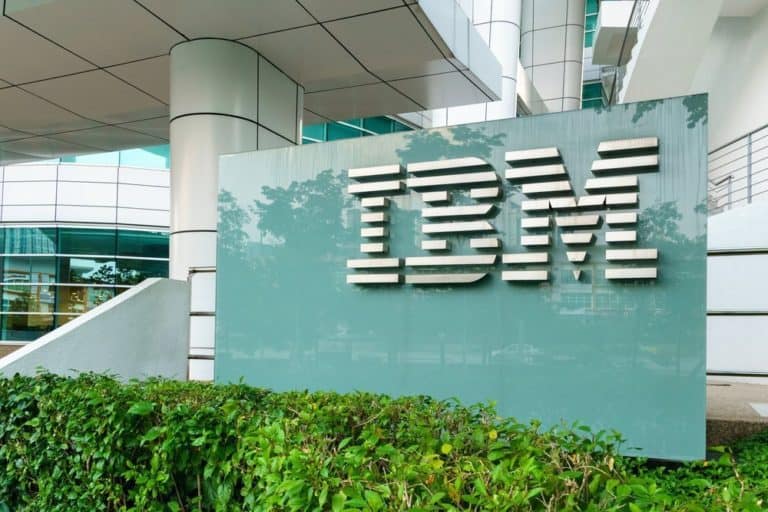IBM has launched World Wire, a blockchain-based global payment network that supports real-time cross-border transactions and money orders in 50 countries. Big Blue uses a stable currency based on the Stellar protocol and the US dollar.
According to IBM, World Wire is the first blockchain network of its kind to integrate payment messaging, clearing and settlement on a single integrated platform. Users can choose from a variety of digital assets for settlement. Currently, World Wire claims to have enabled payment locations in 72 countries, with 48 currencies and 44 banking endpoints.
International payments
According to IBM, World Wire acts as a network provider for international payments. This makes point-to-point money transfers possible instead of the complexity of conventional cross-border payments. The new solution would help financial institutions to improve their services to consumers. This is done by optimising and accelerating money exchanges, cross-border payments and transfers.
We have created a new type of payment network that is unique in that it streamlines the ability of businesses and consumers to move money around the world in real time. This will allow for greater transparency, without compromising on the statutory audits and the policies we need to ensure that there are no bad actors in the system, says Jesse Lund, head of IBM Blockchain, to Forbes.
Cost effective balancing instrument
Lund believes that cryptocurrencies can serve as a cost-effective settlement tool. IBM has now chosen to work with Lumens, as this is the native asset of the Stellar network. In addition, he believes it is possible to introduce other cryptocurrencies, such as Bitcoin or Ether. Depending on customer demand, more digital assets will be added over time.
According to Lund, the Stellar protocol offers clear advantages in terms of the use of blockchain technology to facilitate cross-border payments over the World Wire network. We needed a protocol that could issue tokens and had scalability. Stellar came out pretty clear. It provides the scalability we needed to support the transaction volumes. It involves thousands of transactions per second, says Lund to Forbes.
Euro
IBM has indicated that there would be interest in World Wire from around the world, including Bank Busan and Rizal Commercial Banking Corporation (RCBC). They would have signed declarations of intent to issue their own stable coins on World Wire. Once approved, the euro, Indonesian rupiah, Filipino peso, Korean won and Brazilian real will be added to the World Wire network.
According to the World Bank, in 2016, migrants worldwide will send an estimated $574 billion to family members in their home country. Most international transfers would take place in the US. According to the World Bank, in 2015 alone there will be a total of USDÂ 56.3Â billion. These international money transfers require a series of intermediaries, which results in a costly and time-consuming process. World Wire ensures that this is done in real time, as the network uses digital assets to settle transactions. According to IBM, this means that funds can be transferred at a fraction of the cost and time of traditional international payments.
This news article was automatically translated from Dutch to give Techzine.eu a head start. All news articles after September 1, 2019 are written in native English and NOT translated. All our background stories are written in native English as well. For more information read our launch article.